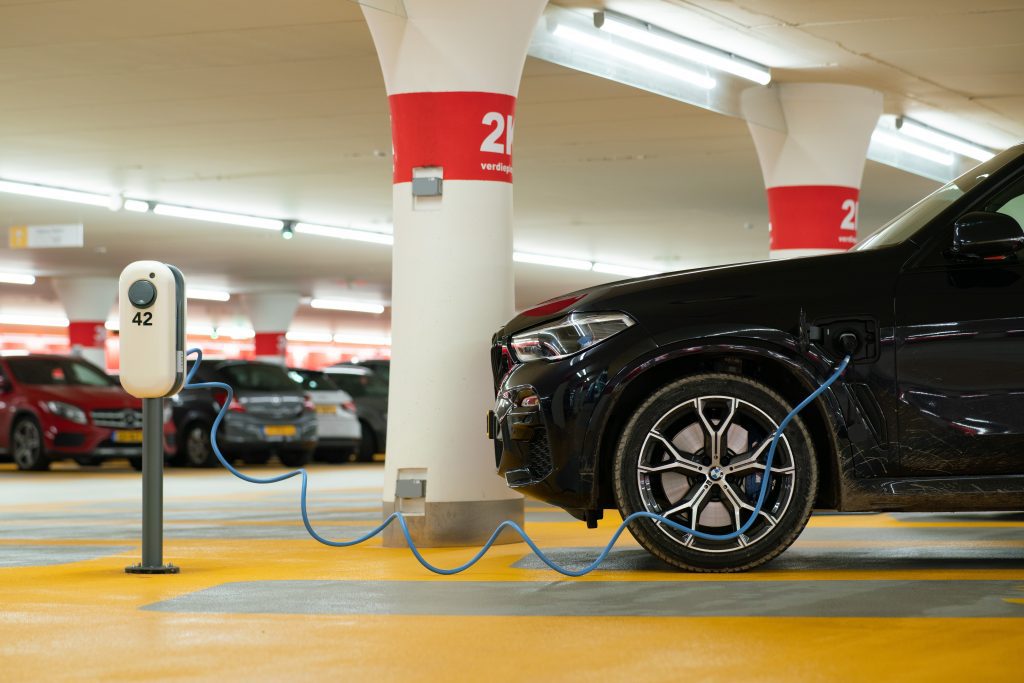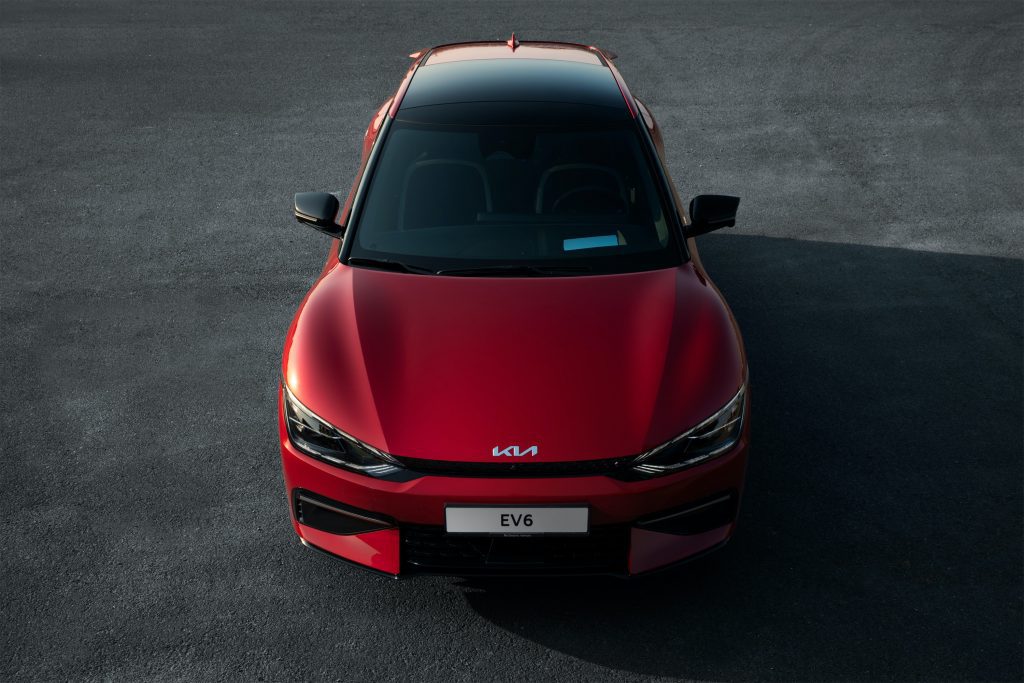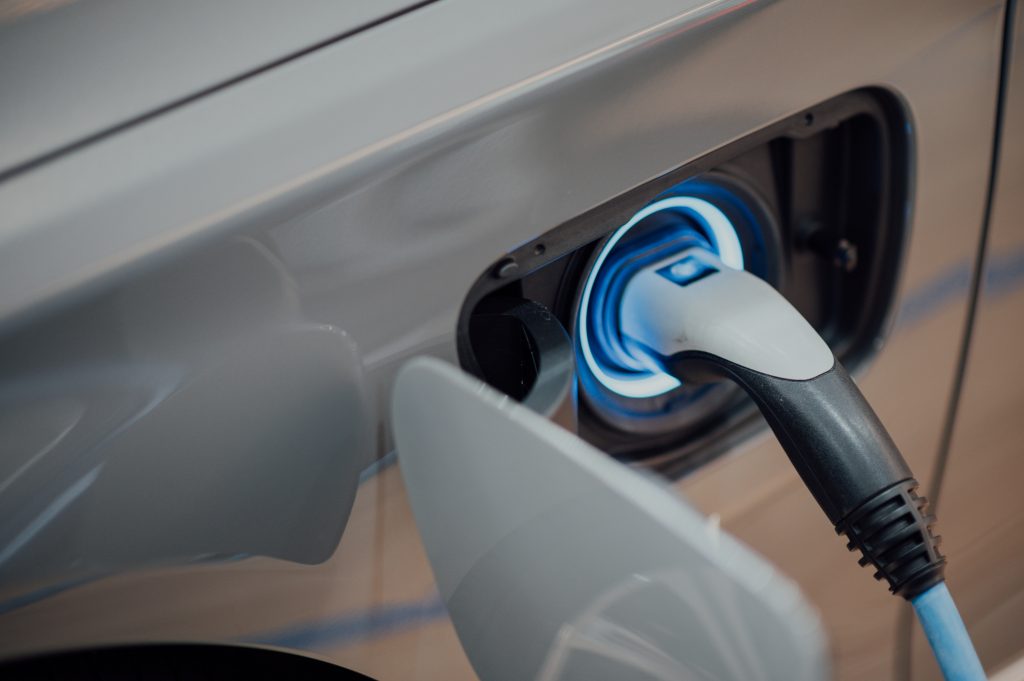If you’re considering an electric vehicle (EV), you may wonder if it’s the right choice. EVs offer many benefits, such as low fuel costs and reduced emissions, but there are some things to consider before deciding. Here’s what you need to know about EVs before you buy one.
It is the best time of year to buy a new car, and with gas prices on the rise, now may be the perfect time to switch to an electric vehicle.
But before you decide to switch to an EV, there are some things you should know about them. Here’s a breakdown of everything you need to know about electric vehicles before you buy one.

Why Are Electric Vehicles Better Than Gasoline?
The national average gas price is $4.25, although odds are it’ll climb higher; that’s why Today, more and more drivers are choosing to purchase electric cars. Electric cars have many benefits over gasoline cars, including lower gas prices and fewer trips to the gas station. In addition, electric cars generate no emissions, making them better for the environment.
Operating Costs:
Electric vehicles are cheaper to operate than gasoline-powered cars. In most cases, you’ll save on fuel costs, as electricity is cheaper than gas. You may also save money on maintenance and repairs, as EVs have fewer moving parts than gasoline cars.
Gasoline prices can fluctuate dramatically, but the cost of charging an electric car is much more stable. In addition, electric cars are typically more efficient than gas cars, so drivers save money on gas even when gas prices are low.
Range:
One of the biggest concerns with EVs is range anxiety or the fear of running out of charge while on the road. However, newer EVs have much longer ranges than older models, and there are a growing number of charging stations across the country. With careful planning, you can easily avoid range anxiety.
Upfront Costs:
Electric vehicles typically cost more to purchase than gasoline cars. However, several incentives available can offset the higher upfront cost. In addition, EVs tend to hold their value better than gasoline cars, so you may recoup some of your initial investment when you sell or trade in your EV.
Another advantage of electric cars is that they require far less maintenance than gas cars. For example, changing the oil or tuning the engine is no longer necessary. As a result, electric car owners can save time and money over the life of their vehicles.

Environment Friendly
Finally, electric cars are much better for the environment than gas cars. Electric cars generate no emissions, so they don’t contribute to air pollution or climate change. In addition, electric cars often use renewable energy sources like solar panels, reducing their environmental impact.
For all these reasons, it’s easy to see why electric cars are becoming increasingly popular among drivers. Electric vehicles offer many benefits, but some things to consider before switching. You can find the perfect EV for your needs with careful planning and research.
Frequently Asked Questions ( FAQs)

Do The EV Cars Have Enough Driving Range?
Regarding electric vehicles (EVs), the range is one of the most important factors. How far can the car go on a single charge? For many, EVs don’t have enough range to be practical for everyday driving. They might be fine for short commutes and running errands around town, but what about road trips?
There are a few different options for EVs with an extended range. Tesla is the only automaker offering EVs with over 300 miles of range. There are also a few plug-in hybrids on the market that offer over 200 miles of all-electric range. However, these cars are much more expensive than their non-hybrid counterparts.
So, the question remains: does the car have enough range? For some people, an EV with 200 miles of range might be sufficient. But for others, anything less than 300 miles simply isn’t going to cut it. It depends on your individual needs and driving habits.
What Is A GasBuddy Card?
The GasBuddy Card is a reloadable prepaid card that can fill up gasoline at participating gas stations. The card can be reloaded using a credit or debit card and can also be used to pay for other items at participating gas stations. The card has no annual fee and no activation fee, and it can be used at any participating gas station and get the fuel rewards in the United States. The GasBuddy app will help you find the cheapest gas stations nearby.
What Is A Tesla Electric Vehicle And How Does It Work
Tesla develops and produces electric vehicles (including automobiles and trucks), battery energy storage systems for use both on and off the grid, solar panels and roof tiles, as well as other associated goods and services. With a market value of more than US$760 billion, Tesla is one of the most valuable companies in the world and continues to be the most valuable automobile.
Does Prius Have An All-Electric Car?
The Toyota Prius is a complete hybrid electric automobile with a better air conditioning system and fuel efficiency developed by Toyota and manufactured by the company since 1997.
The Prius uses an electric motor and a gasoline engine to power the vehicle. While the Prius does have an electric motor, it is not an all-electric car. The electric motor is used to supplement the gasoline engine, not replace it.
Initially offered as a 4-door sedan, it has been produced only as a 5-door liftback since 2003. Based on smog-forming emissions, the California Air Resources Board (CARB) and the United States Environmental Protection Agency (EPA) rank the Prius as one of the cleanest cars sold in the country. The 2019 model year Prius is the second generation of the vehicle and was released in Japan on January 26, 2018.
Should I Buy A New Or Used Electric Car?
There are a few things to consider when deciding whether to buy a new or used electric car. Used electric cars may be cheaper, but they may also have less range and fewer features than new models. New electric cars can be expensive but often come with longer ranges and more advanced features. It’s essential to weigh each option’s pros and cons before deciding.
Some people might prefer to buy a used car because it’s more affordable. However, it’s important to remember that used cars may not have the exact features or range as new models. Additionally, used cars may not have the same warranty coverage as new cars.
Others might prefer a new car because it has a more extended range and advanced features. New cars also tend to have better warranties than used cars. However, new cars can be more expensive than used cars.
Ultimately, deciding whether to buy a new or used electric car depends on the individual’s needs and preferences. There is no right or wrong answer, and each option has its pros and cons.
Summing Up
Electric cars have a lot of advantages over traditional gasoline cars. They’re more efficient, emit less pollution, and are often cheaper to operate. However, electric cars also have some disadvantages. They can be more expensive and may not have the same range as gasoline cars. It’s essential to weigh each option’s pros and cons before deciding.
